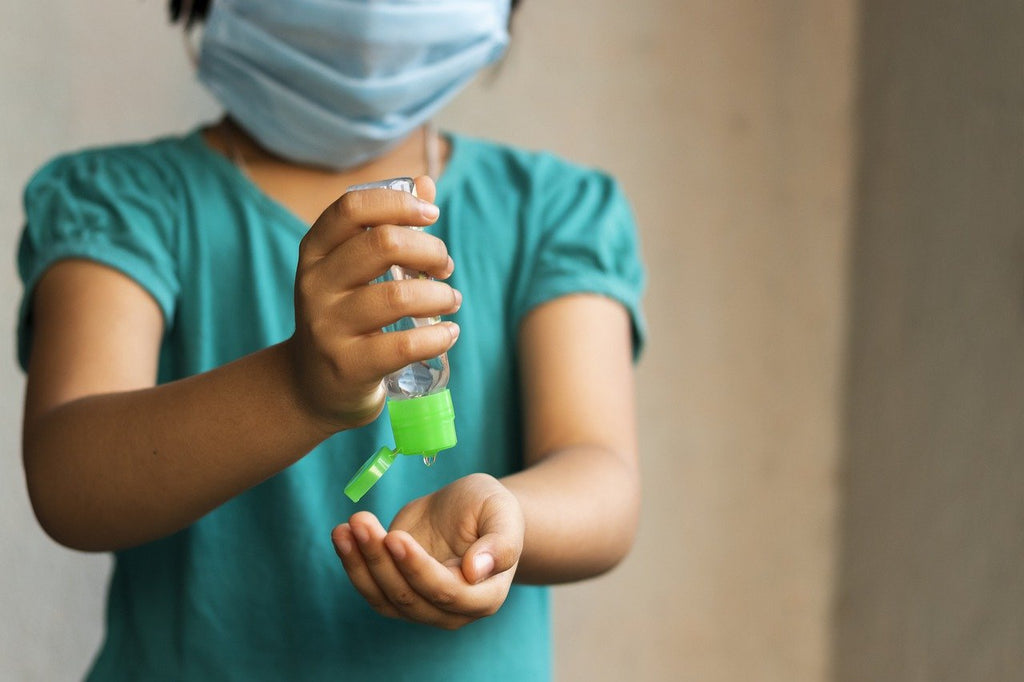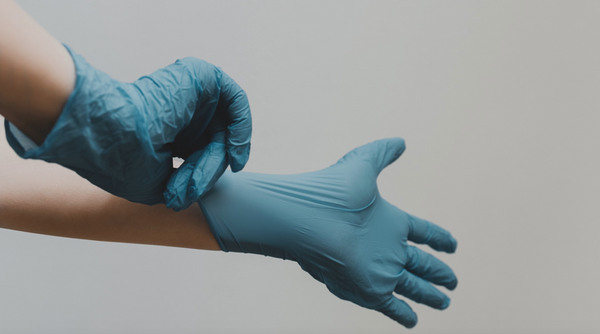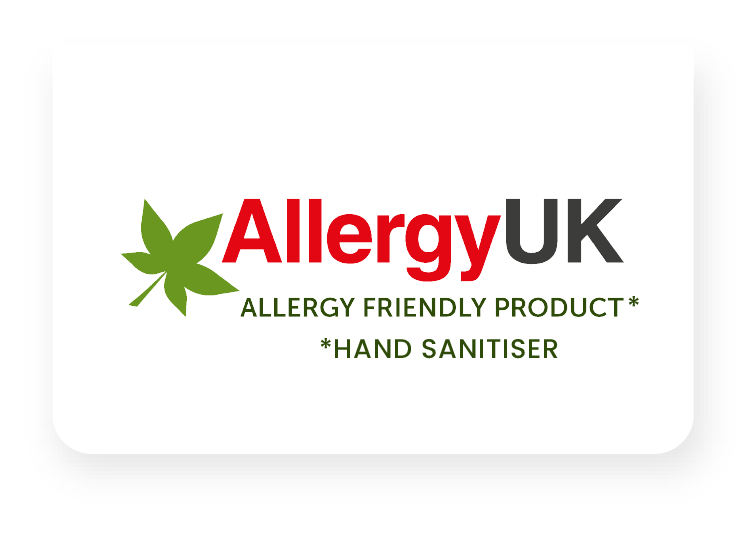
The dangers of alcohol-based hand sanitiser
The Covid-19 pandemic has been a challenge that scientists, politicians, medical staff and the general public have been rising to for months now. Advice on how to stay safe has been controversial and often confusing but one thing is clear; alcohol based hand sanitisers are deemed to be ineffective and full of potential dangers.
With an alcohol content of between 60 & 95 percent ethanol or isopropyl alcohol by volume not only are they open to abuse but there are also concerns that they can damage the skin and cause more potential to spread germs. The dangers don't stop there; some variants have the potential to cause liver cancer in mice raising concerns about how safe it is for humans. Triclosan the key ingredient has been proven to effectively transform this vital blood cleansing organ into a lump of scar tissue.
FDA warns against the use of certain alcohol-based hand sanitisers
The U.S. Food and Drug Administration continues to warn consumers and health care professionals not to use certain alcohol-based hand sanitisers. The crackdown was meant to protect consumers from potentially dangerous impurities in hand sanitiser, but worsened due to shortages at a time when households, hospitals and nursing homes needed sanitiser to fight the coronavirus pandemic.

Furthermore, a study carried out in New Zealand found that alcohol-based hand sanitisers are ineffective in reducing school absence rates due to sickness which is hardly surprising as all efficacy is lost once the alcohol evaporates - which it does very quickly after application.
It does however pose an increasing concern that small children in early childhood centres are accidentally swallowing amounts after a child became intoxicated after ingesting sanitiser at her pre-school and had to be taken to hospital because of the alcohol intake.
Toxic & prone to abuse
From children accidentally swallowing amounts that are enough to cause drunkenness and hospitalization to teens abusing the product to get drunk, toxic alchol-based hand sanitisers present a real personal danger. Pharmacies in south west Sweden have moved all anti bacterial hand gels to behind-the-counter after becoming aware of a new teenage trend to get drunk on the alcoholic mixtures.

It’s a sad truth that alcohol abuse is a very real and concerning problem that destroys lives. Most of us would never consider drinking hand sanitiser but with the high alcohol content the temptation is too much for some. An alcoholic woman has been told she will die if she does not stop drinking hand sanitiser as a cheap way to get her fix and her mother and sisters say her out-of-control behaviour is destroying their family. Despite a drink driving charge and a near-death experience, she still consumes up to six ounces of hand sanitiser every day and admits her life is 'spinning out of control'.
Alcohol-based hand sanitisers and alcoholism
There are increasing reports of alcoholics stealing alcohol based hand sanitiser from public park toilets and NHS wards suggesting a wider issue. The problem is becoming a major concern in the US as teenagers in particular seem unaware of the dangers of such a high content of alcohol. One especially worrying incident saw two 13-year-old students charged with attempted poisoning after periodically slipping alcohol based hand sanitiser into their teachers tea over a three month period.
There is an increasing call for high-alcohol products such as mouthwash and sanitiser to be kept behind store counters as drinking the substance causes people to lose touch with reality. Bottles of sanitiser had to be removed from a drop-in at the Samaritan Centre because people were stealing them to drink. They are craving an instant high and once they receive that they are just searching for more, they don’t think about what’s going to happen to their bodies and their brain.
Accidental consumption is also rife
Unfortunately the dangers don’t stop there. An elderly dementia patient died from alcohol poisoning after accidentally downing a bottle of hospital hand sanitiser and a coroner has now warned NHS and health and safety chiefs that the gels could kill other vulnerable patients unless kept out of their reach. The estate of a Canadian woman is suing the hospital where she died from consuming alcohol based hand sanitiser. Hospitals throughout North-East England have reported widespread drinking of alcohol hand gels causing something of a dilemma when it comes to protecting the more vulnerable patients from infections.
On a more bizarre note the freedom of information requests recently revealed hundreds of bizarre office-related injuries that had been reported by officers, some resulting in compensation claims. Among the hundreds of claims was a Norfolk Police officer who sustained severe stinging to the eyes after ‘inadvertently’ squirting alcohol hand sanitiser from a pump dispenser into their eyes.
Alcohol is Highly Flammable
Not only are alcohol hand sanitisers toxic, they are also highly flammable. A man is recovering from serious burning after he spilled hand sanitizer on himself and then tried to light a cigarette. If your hand sanitiser does contain alcohol it will therefore be flammable so needs to be treated with care.
To this extent, when storing alchol-based hand sanitisers, you need to ensure they're kept away from heat and ignition sources, including sparks or open flames, switches or power equipment. When storing alcohol-based hand sanitisers on a large scale, for example in your business or workplace, this can present a very dangerous and realistic fire risk.
A simple and effective solution for all
There is a fairly simple and effective solution to all of the above and that is to provide skin friendly alcohol-free hand sanitisers such as EcoHydra. EcoHydra’s product range of hand sanitisers, hand wash, hand lotion and barrier cream kills up to 99.9999% of bacteria and viruses with one application and remains effective for over 4 hours.

Developed to the highest standards for use in the home and demanding clinical, healthcare and hygiene reliant environments in which infection prevention is of the upmost importance, the range of antimicrobial, alcohol free hand sanitiser and complementing hand wash, barrier cream and hand lotion provides a complete solution to hand hygiene. The hand sanitisers have been tested and are proven to be effective against bacteria and viruses, helping to keep you safe in your home and when you're out and about.
With its BASE Technology™ formula that is completely free from alcohol and Triclosan, the entire range can be used repeatedly throughout the day with no damaging effects to the skin's integrity or pH levels. Unlike alcohol-based products which can lead to dry, cracked skin (causing further risk of infection!) the products are gentle on all skin types. Containing the natural moisturiser, Aloe Vera, to nourish and care for the skin, EcoHydra products encourage regular use, as often as needed.
Shop our full range of EcoHydra products here now >>



